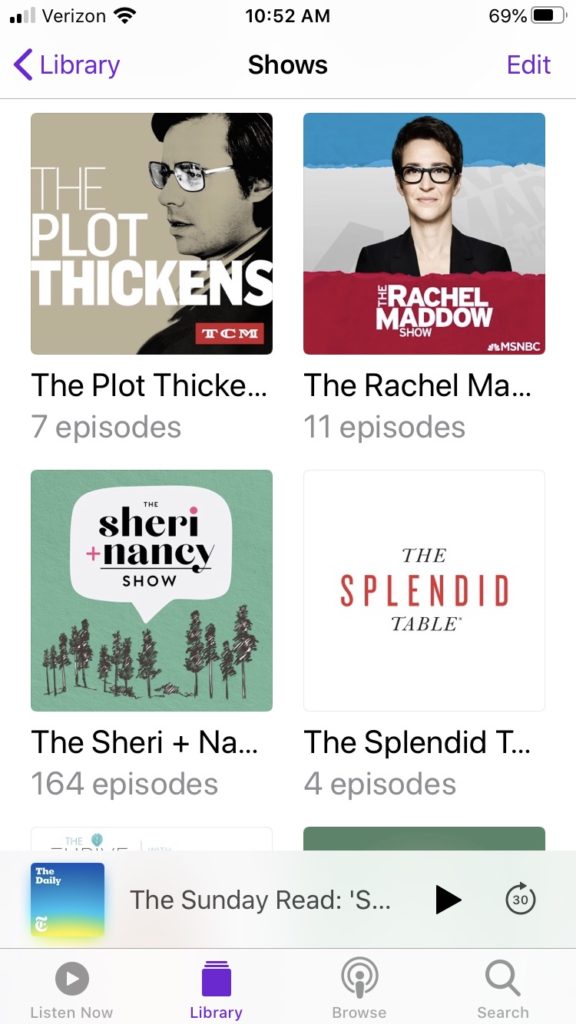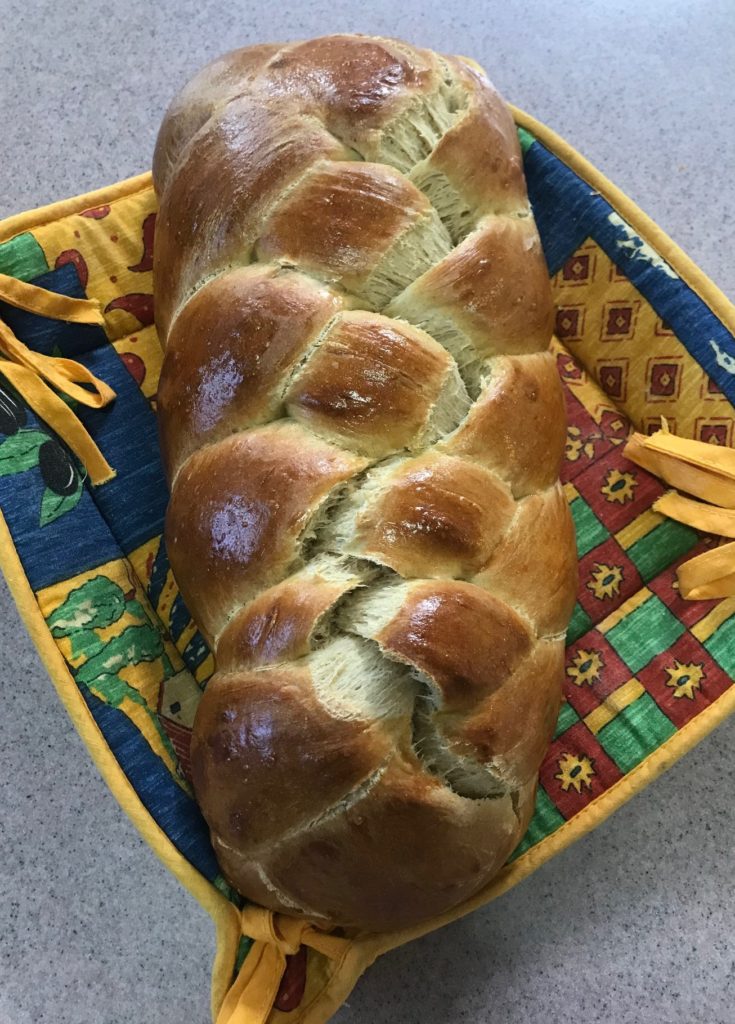
I received a lot of comments about my March blogpost, especially related to “being enough.” When thinking about this phrase, especially after listening to the first podcast referred to below, I realized this is all about storytelling, in this case about oneself.
Self-doubt is one of the most prevalent human emotions. We tend to judge ourselves more harshly than others judge us, which can lead to excessive self-criticism and even self-sabotage. But really, we own how we view ourselves. We can choose to dwell on the negative or celebrate the positive. It’s our choice to craft the stories we tell ourselves and about ourselves.
Crafting our own stories
Storytelling is increasingly important in business. I’ve become an angel investor (or investing in very early-stage companies – after “friends and family” crowdfunding and before venture capital). I’ve learned that seasoned angel investors base their investment decisions on the personal qualities of the entrepreneur/CEO of the new venture, even more than the new or disruptive business idea, since most often angels invest before there is any revenue or dedicated market. Founders must explain their story in a way that convinces early investors to risk their money. It’s the story that becomes incredibly important, in addition to the founder’s concept and the financial term sheet. Consider Elon Musk’s path.
Growing up in the warm weather of Miami Beach, Florida, the message I received was that a young girl’s value was based primarily on her weight, and whether she was thin or even better, super skinny. For someone like me, often 10-20 pounds over(normal) weight and with pale skin and red hair (strange in my dark, curly haired and tanned Jewish community), I rarely felt good about myself. Being smart and a good friend were nice qualities but didn’t compare in my community to how you looked in a bathing suit.
What saved me were my amazing friends, who valued me for me. But what helped me most was imagining there was a world that valued intelligence and insight more than superficial things like weight. It took leaving Miami and living in colder climates and less shallow environs to realize that what one weighed was just an adjective, not the sole determinant of one’s worth.
Having to battle my own self doubt in my early years pushed me to develop a new identity. Receiving good, affirming feedback once I left Miami helped me to adopt a more positive mindset. This improved my self-confidence and refocused my story. I then felt more deserving and open to the opportunities that availed themselves in college, grad school and in my career.
Even considering whether I was worthy to write a blog involved telling myself a story. Who was I to think that people might want to read what I had to say? Could I provide the same wisdom and inspiration that I had found in articles and other people’s blogs when I was feeling unmoored at work?
What gave me the courage was realizing that even if the worst thing happened – no one read my blog – then at least my kids would have some stories about me. Reframing my story this way gave me the audacity to think that I could write articles that people would read in their leisure time. It took longer than expected, but I finally took the plunge to launch this blog in January 2020.
Just as I was retiring from the US Department of Energy in 2018, I was fortunate to be selected for a 9-month program called Leadership Montgomery, which exposes participants to a broad range of information about and interaction with the County we live in and encourages us to get involved locally. The more prestigious of the options was to go into the core program, focused on CEO-level folks intent on connecting to other high-level leaders in our County. In contemplating my options, I realized that it was the senior cohort, called Senior Leadership Montgomery, that would be most valuable and appropriate to my age and stage. Indeed, interacting with forty others who had such varied backgrounds and experiences was incredibly stimulating – much more so for me than being surrounded by those more intent on professional advancement. This new, non-career direction became part of my story.
Overcoming Imposter Syndrome
I can only imagine how difficult it is for a person of color and/or immigrant to work in a predominantly white office, having had perhaps a very different childhood, education and overall life experience. A constant, internal pep-talk must be needed to feel comfortable in what may seem like a foreign milieu. That takes a lot of energy, especially when their colleagues likely have no idea. This is something I hadn’t appreciated when I was working in government. I’m sorry I was so clueless.
As we develop our own stories it’s important to think back and acknowledge our big and small wins, even back to when we were kids. Together these memories can build a compelling narrative that helps to differentiate us and lift us up.
Recognizing our strengths also helps to counter imposter syndrome, which, if you think about it, indicates one has achieved success. We wouldn’t feel like an imposter for a job we could do easily, only for a challenging one we were chosen to do. We just tend to undervalue our own achievements and attributes. Stepping aside and viewing our history from an external perspective helps confirm that we’re good enough, or actually even doing great. We are not imposters.
Disclaimer
This blogpost shouldn’t be misconstrued as providing a pass from self-awareness. A story that builds our self-confidence shouldn’t be used to avoid our foibles. We still need to be honest with ourselves about what we need to change. Someone who has a serious weakness in their job needs to take ownership to get trained or find a mentor to address it. A jerk shouldn’t delude themselves; they still need to change their offending ways to be an acceptable colleague or boss. Being unethical or doing immoral or cruel things to others is unacceptable, and no story should be used to evade one’s responsibility for bad actions. Putin’s war in Ukraine is exhibit one. While he’s told himself and his country a story, it is incredibly misguided and dangerous propaganda that must be stopped – by others if not by himself.
I am writing this for the rest of us, who are decent and trying to be the best we can be. Creating a positive, engaging story, even if it contains our flaws, helps to connect us with others and make ourselves memorable. I find everyone fascinating, especially if they are willing to talk revealingly about themselves and their story. Taming our inner critic is a win-win for ourselves and others.
Latest Recommendations:
Kindra Hall’s 4 Steps to Choose Your Story & Change Your Life, from Cathy Heller Presents Don’t Keep Your Day Job podcast.
This article, from Maria Shriver’s Sunday Paper, reassures me that anyone can write and maybe others will find it valuable.








